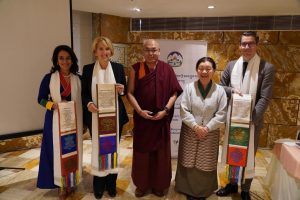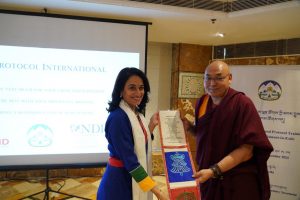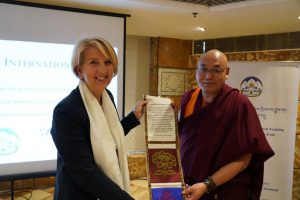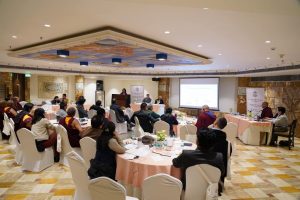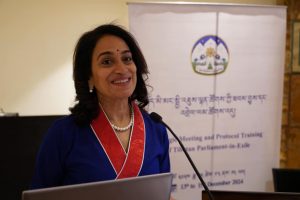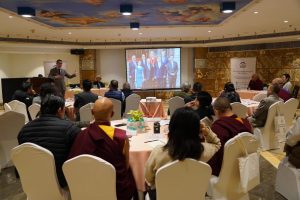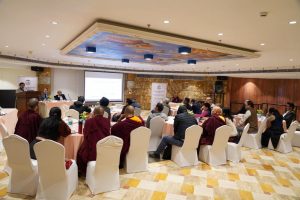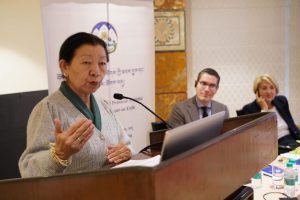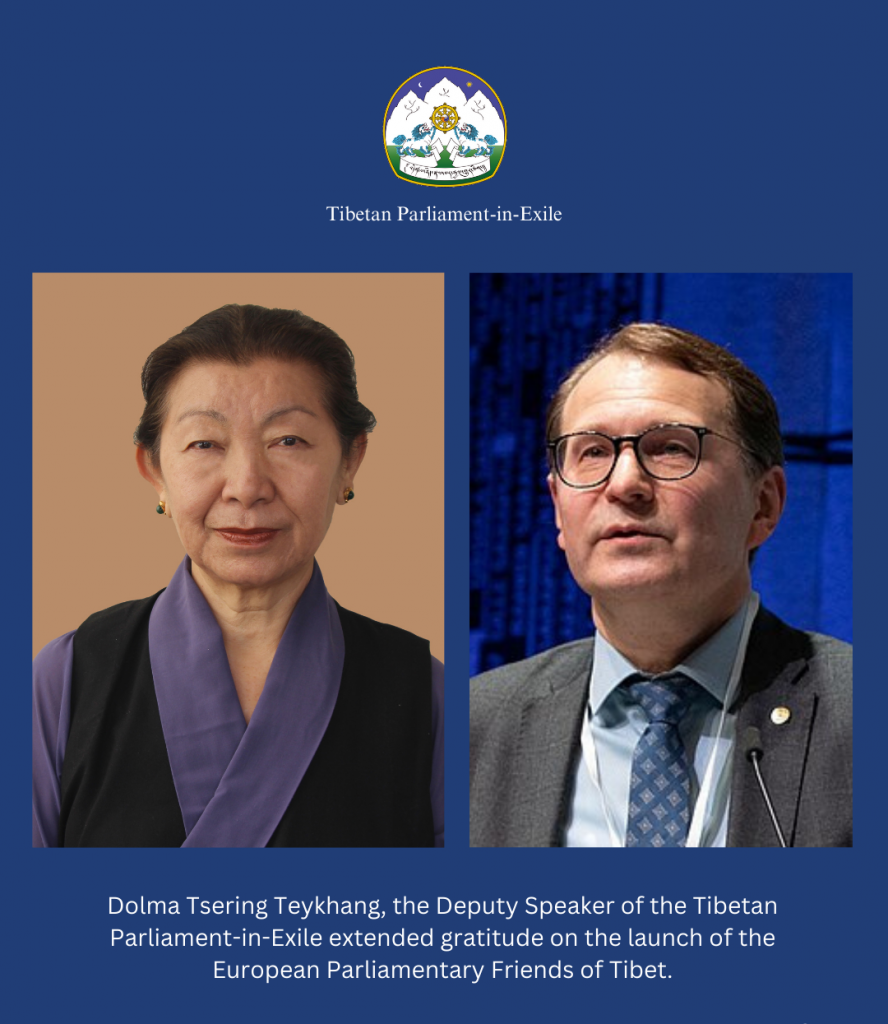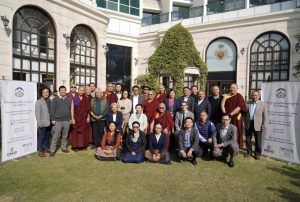
New Delhi, 15th December 2024: The Tibetan Parliament-in-Exile successfully concluded its three-day strategic meeting and protocol training from December 13th to 15th, 2024, in New Delhi. The event was attended by Speaker Khenpo Sonam Tenphel, Deputy Speaker Dolma Tsering Teykhang, and members of the 17th Tibetan Parliament-in-Exile.
The final two days of the meeting featured international protocol experts Mark Verheul and Maryse Larché Mele as resource persons. The training covered a broad range of topics, including the fundamentals of international protocol, the distinctions between protocol and etiquette, their historical development, and the evolving role of protocol in today’s technology-driven world, including the integration of Artificial Intelligence.
A key focus of the sessions was the concept of order of precedence in international protocol, which takes into account factors such as position, age, rank, and seniority. The training also examined how these principles vary across different cultural contexts and countries, as well as their application in international diplomacy.
Other topics included the role of social media and security in protocol management, diplomatic hospitality, the importance of cultural awareness, and diversity and inclusion. In addition, participants explored theories of intercultural communication, the power of soft skills, negotiation and conflict resolution, and engaging with various leadership styles.
The event concluded with a closing ceremony, where Deputy Speaker Dolma Tsering Teykhang and Leela Mulukutla, Chief of Party at NDI, offered closing remarks.
Mulukutla expressed gratitude to all Parliamentarians for their active participation in the protocol training, emphasizing the importance of ensuring that MPs are well-versed in international diplomatic protocols, particularly in advocacy initiatives and engagements with international diplomats. Special thanks were extended to trainers Mark Verheul and Maryse Larché Mele for their valuable contributions. The knowledge and skills imparted during the sessions are expected to assist Parliamentarians in the upcoming three-day advocacy campaign in Delhi.
In her remarks, Mulukutla also highlighted TPiE’s role as a key partner in USAID-funded CTA-CBSI and NED-funded programs. She provided updates on ongoing initiatives within the partnership, underscoring the importance of these efforts in strengthening Tibet’s international presence and enhancing governance within TPiE.
Deputy Speaker Teykhang expressed her sincere gratitude to Professor Sunaina Singh, former Vice Chancellor of Nalanda University and former Vice President of the Indian Council for Cultural Relations (ICCR); and Ambassador Dilip Sinha, former Permanent Representative of India to the UN in Geneva, for their insightful contributions during the first day of the strategic meeting. They had shared valuable perspectives on enhancing outreach to think tanks and educational institutions, and on advancing Tibet’s cause in the foreign policy of India.
Teykhang also thanked USAID and NDI, particularly Leela Mulukutla and the NDI team, for their ongoing support of the Parliament’s programs, including the protocol training. She expressed gratitude to the protocol experts, Mark Verheul and Maryse Larché Mele, as well as to the Parliament members for their active engagement. Special thanks were also extended to the Bureau of His Holiness the Dalai Lama in Delhi, interpreter Tenzin Loden, and other key contributors.
This program was made possible by the generous support of the American people through USAID via NDI and SARD
